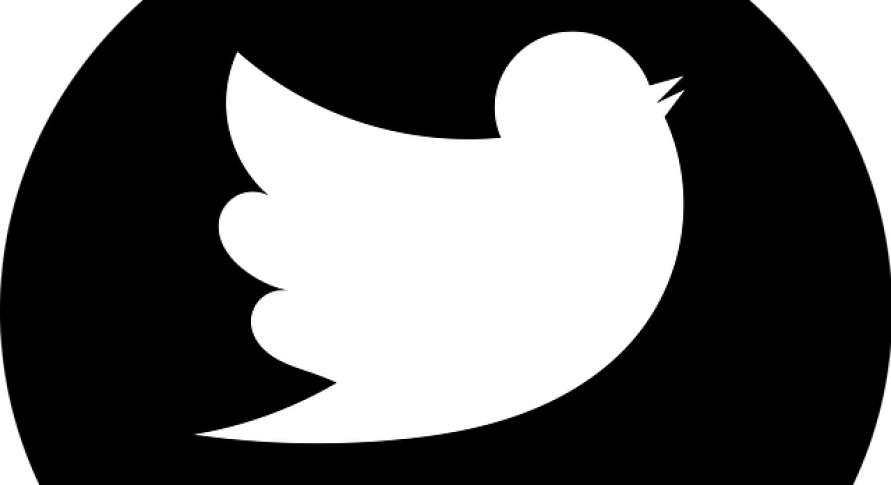
On 4 June 2021, the government of Nigeria “suspended, indefinitely, the operations of the microblogging and social networking service, Twitter” in the country. The decision was announced days after a tweet by President Muhammadu Buhari was deleted by the platform.
Since then, access to Twitter through Nigeria's main phone service providers has been blocked, according to news reports.
So far the government has not detailed how the ban will be operationalised in practice. Also, no further explanations have been given to justify the ban beyond a reference to the “persistent use of the platform for activities that are capable of undermining Nigeria's corporate existence.”
In its sitting of 8 June, Nigeria’s House of Representatives mandated its committees on communication, justice, information and culture, and national security and intelligence to commence an investigation to determine the circumstances of the decision of the suspension, and the legal authority for the ban on the operations of Twitter in Nigeria. The representatives said they recognised that Twitter, like other social media networks, is an important tool for communication and commerce in Nigeria, particularly among the younger generation.
Nigerian authorities have in the past indicated their eagerness to regulate social media and other freedom of expression issues, including hate speech. In 2019, the National Commission for the Prohibition of Hate Speech bill, and the Protection from Internet Falsehood and Manipulation and other Related Offences bill were proposed. The first imposed the death penalty for online hate speech offences and the second allowed the government to arbitrarily shut down the internet and restrict access to social media. Some local sources indicate that the government has been especially critical of the role of social media in the organisation of the massive #EndSars youth-driven anti-police brutality protests.
Civil society action
Meanwhile, Nigerian civil society organisations and human and digital rights defenders have responded to the development.
A day after the ban, the Centre for Information Technology and Development (CITAD), a member organisation of the Association for Progressive Communications (APC) network, released a press statement classifying the ban as an “undemocratic and unacceptable action.” On 7 June 2021, leaders of civil society organisations working on governance, corruption, elections, digital rights and inclusion, women's rights and journalism issued a joint statement condemning the suspension. The statement also condemned threats by the Attorney General and Minister of Justice against those who continued tweeting after the announcement of the suspension, with civil society declaring, “We will keep tweeting.” Digital rights activists have been at the forefront of pushing for the use of virtual private networks (VPNs) by the country’s citizens.
Amidst a three-month strike by the Nigerian courts, civil society yesterday led the filing of a lawsuit against President Muhammadu Buhari at the Economic Community of West African States (ECOWAS) Court of Justice in Abuja.
APC’s position
APC joins in the condemnation of the suspension of Twitter services in Nigeria, and considers that this measure not only limits Nigerian citizens' exercise of their right to access information, but also other rights including freedom of expression, privacy, and freedom of assembly and association. APC notes with concern the threats by the government of arrests and prosecutions of those utilising the application, including the many who have been using VPNs to access it.
These threats encourage law enforcement to target citizens’ online communications without clarity and transparency. As stated by the UN Special Rapporteur on the promotion and protection of the right to freedom of opinion and expression, “[s]urveillance should only be authorized in law for the most serious criminal offences.” In order to meet the requirements of international human rights law, targeted surveillance of online communications must be governed by clear and transparent laws. These must comply with basic principles, including that surveillance must be both targeted and based on reasonable suspicion of commission or involvement in the commission of serious crime; that the surveillance must be judicially authorised and individuals placed under surveillance must be notified; and that surveillance laws must be subject to strong parliamentary oversight to prevent abuse and ensure the accountability of intelligence services and law enforcement agencies. The current order also falls short of international standards concerning the principles of necessity and proportionality that should guide any restrictions to Nigerians’ privacy rights.
APC also draws the attention of the Nigerian authorities to principle 38 on non-interference in the African Commission on Human and Peoples’ Rights Declaration of Principles on Freedom of Expression and Access to Information in Africa. The principle highlights that states shall not interfere with the right of individuals to seek, receive and impart information through any means of communication and digital technologies, through measures such as the removal, blocking or filtering of content, unless such interference is justifiable and compatible with international human rights law and standards. It also notes that states shall not engage in or condone any disruption of access to the internet and other digital technologies for segments of the public or an entire population.
A human rights-based approach should guide companies’ content moderation processes. This approach should be guided by, among others, the principles of accountability, equality and non-discrimination, participation and inclusion, transparency, empowerment, sustainability, and non-arbitrariness.
APC calls on the Nigerian authorities to lift the imposed ban and ensure that access to social media and other platforms is guaranteed to online users. An open and secure internet should be available and accessible across the country, as stated by the APC Internet Rights Charter. Any attempts to regulate social media should be carried out in accordance with international human rights standards; in particular, they should ensure respect for the rights to freedom of expression, assembly and association and privacy of the Nigerian population.